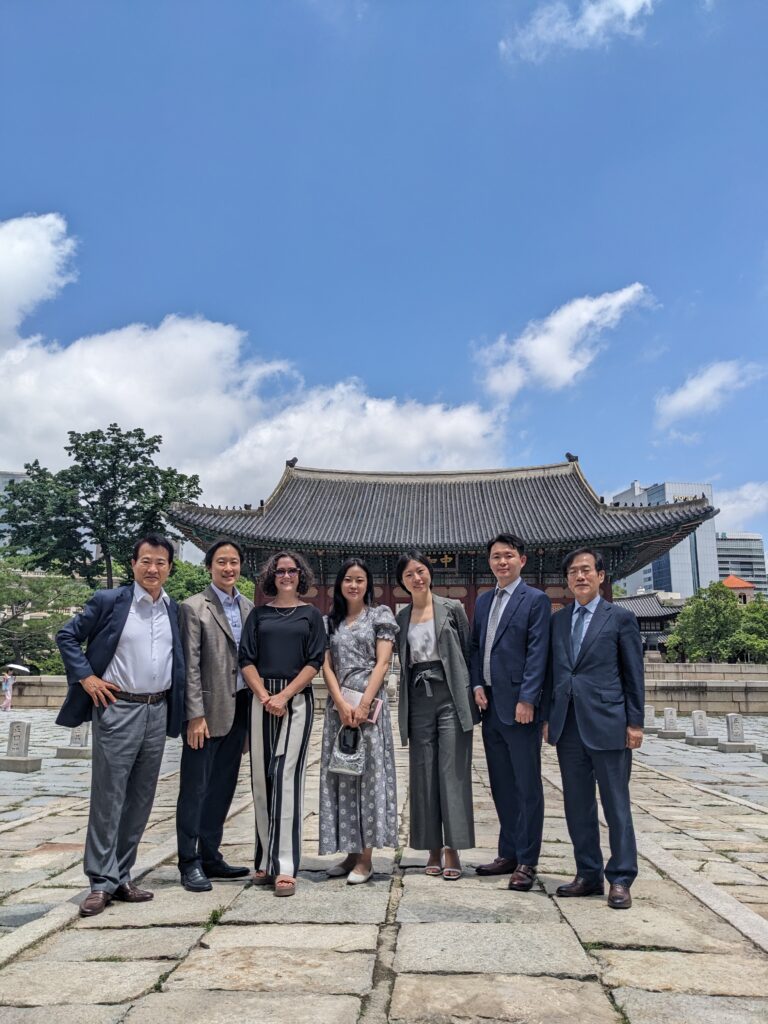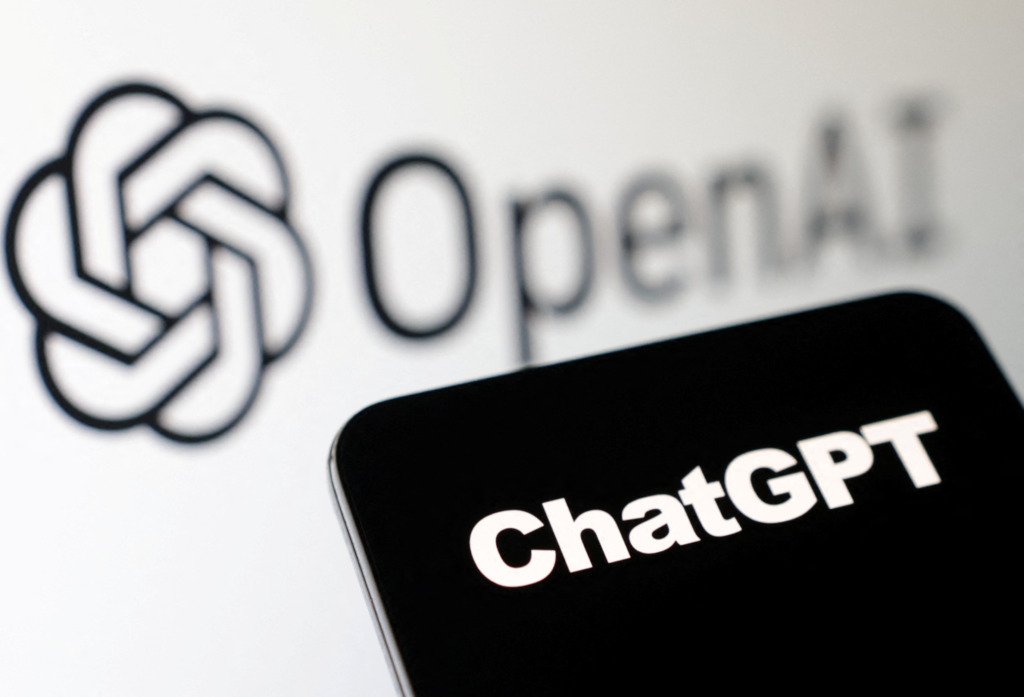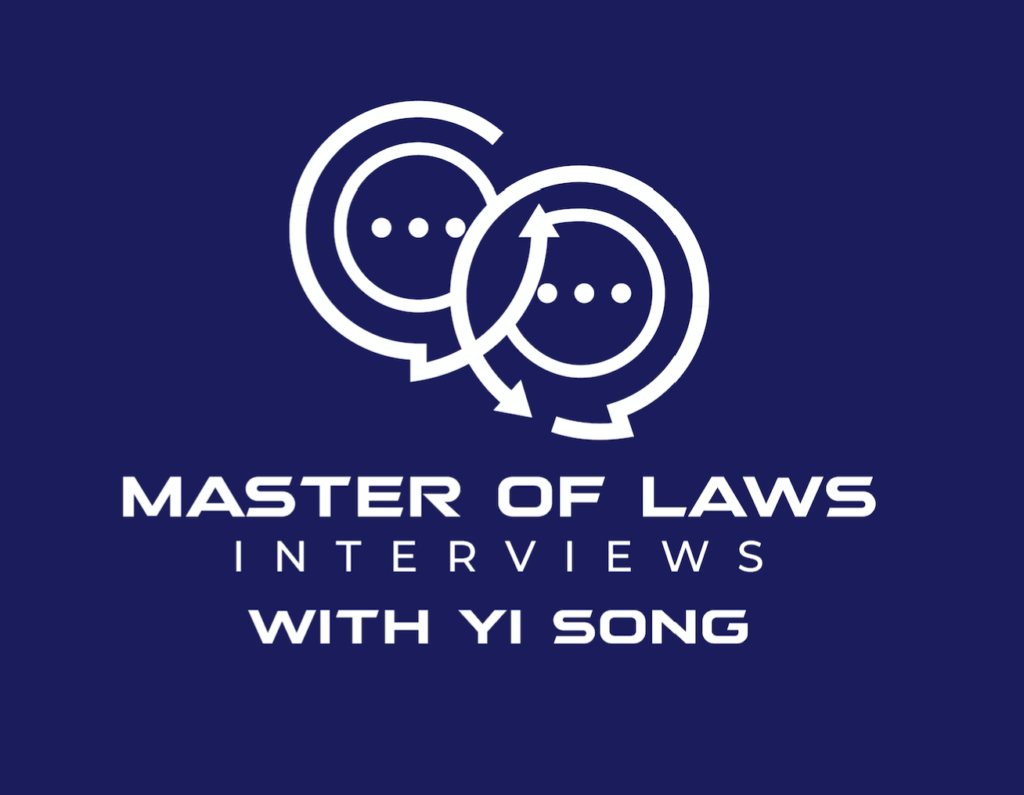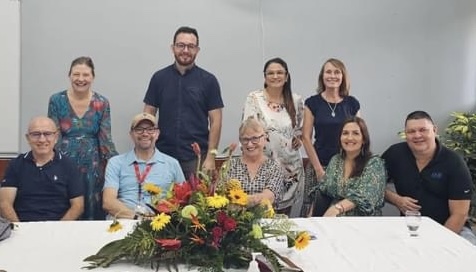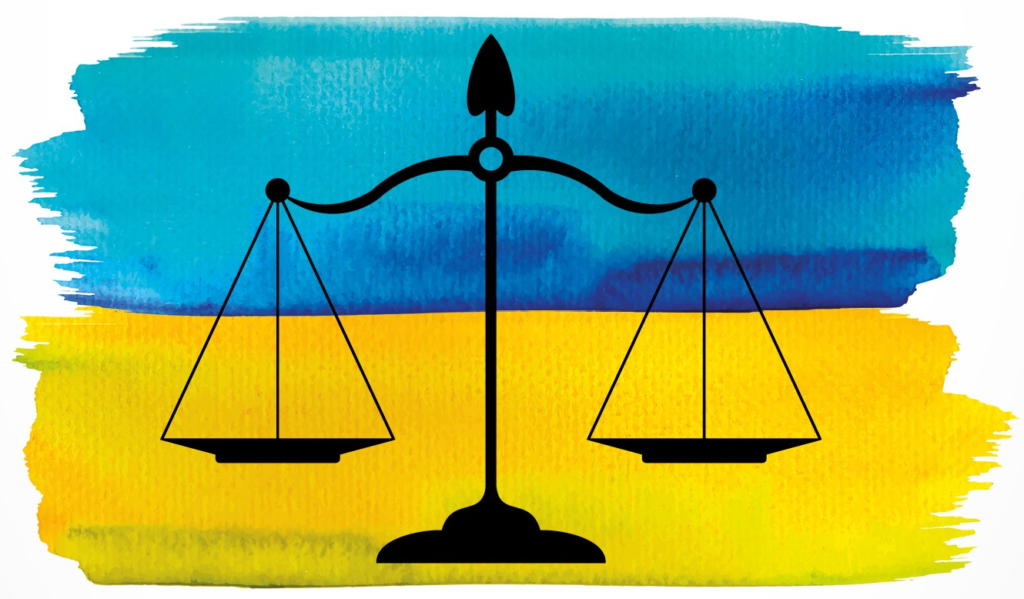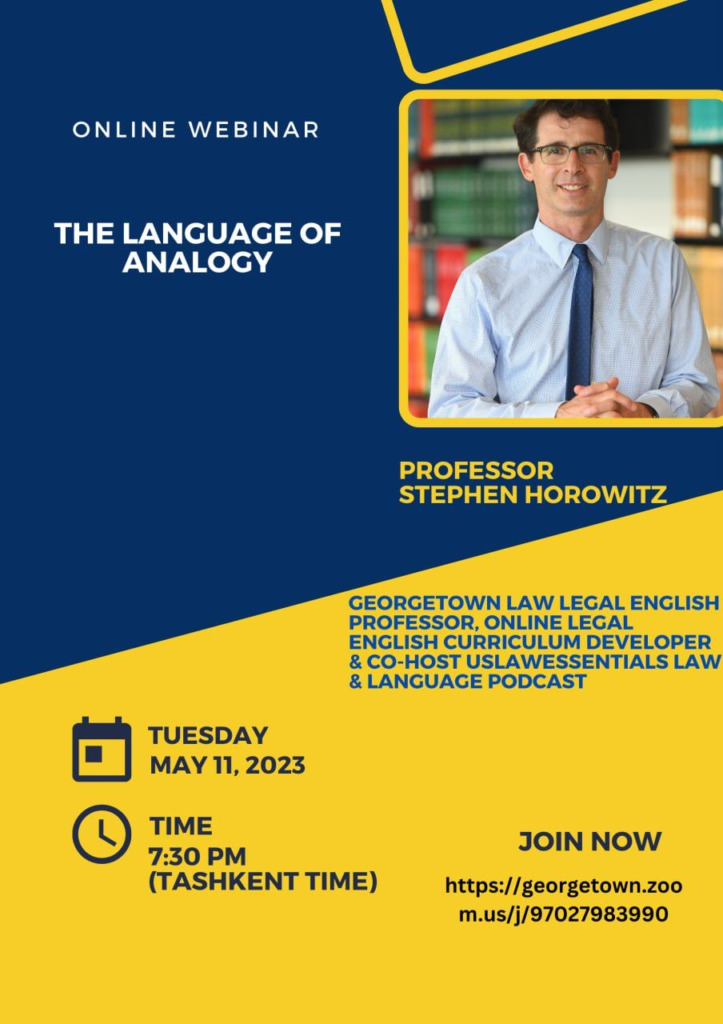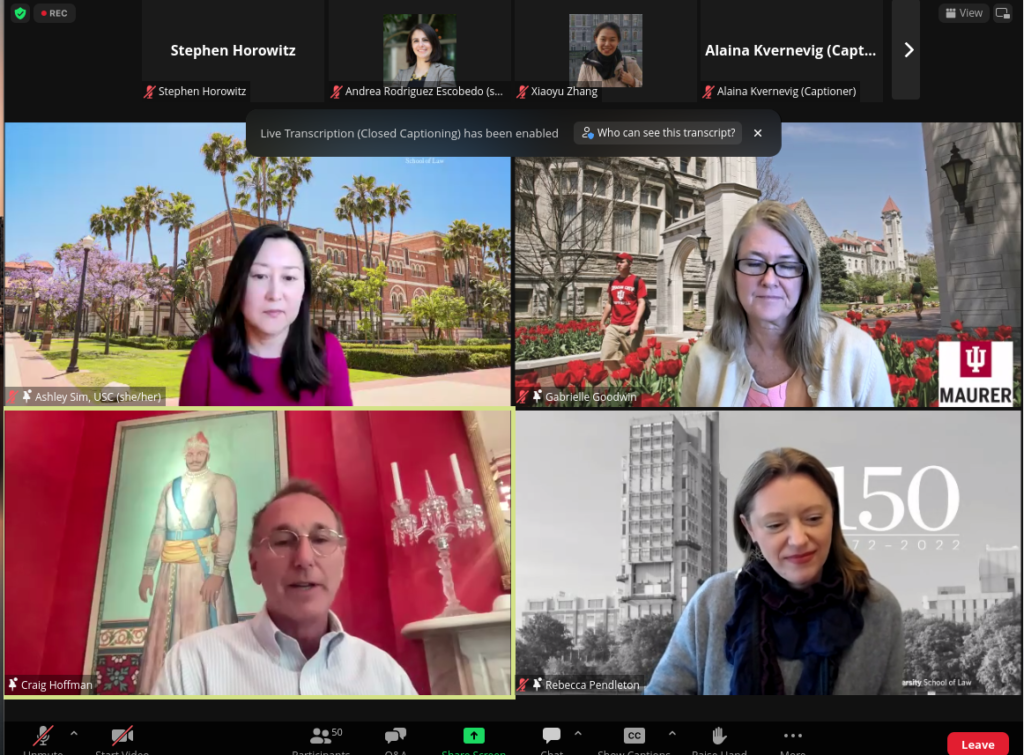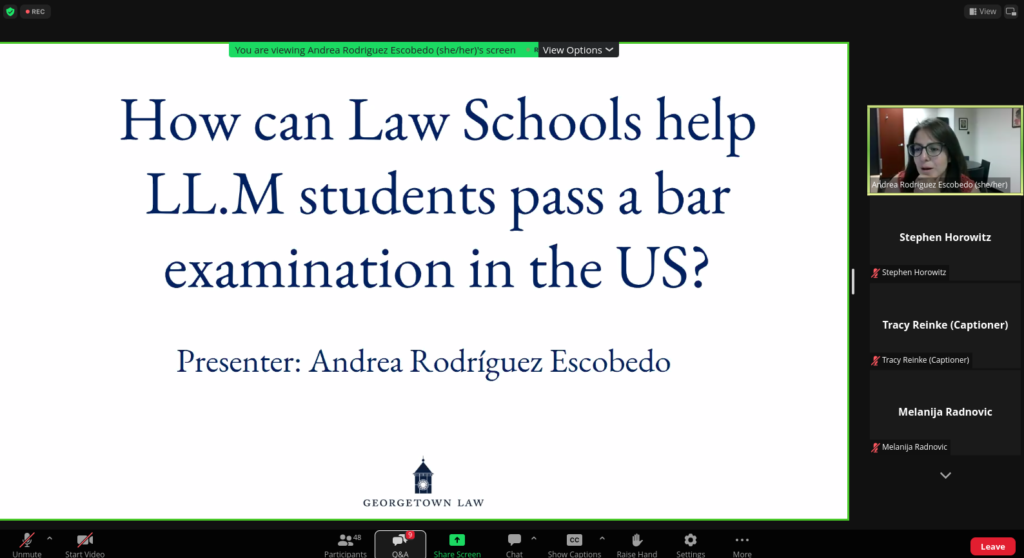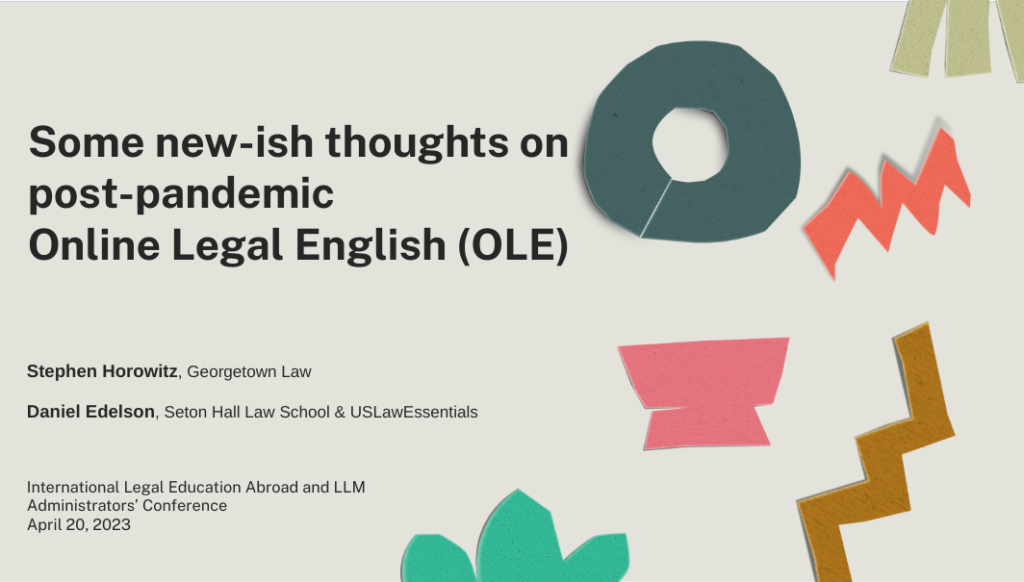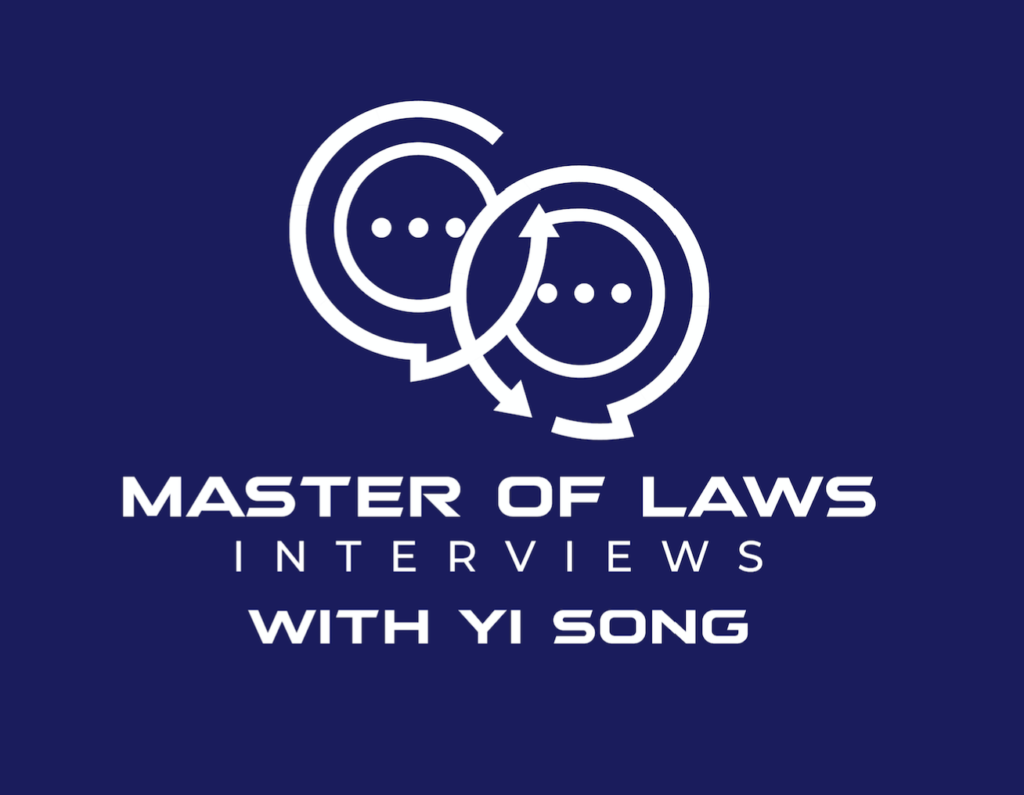Post by Stephen Horowitz, Professor of Legal English
Here’s what the Georgetown Legal English faculty have been up to over the fall 2023 semester….
****************
Heather Weger & Julie Lake & Michelle Ueland
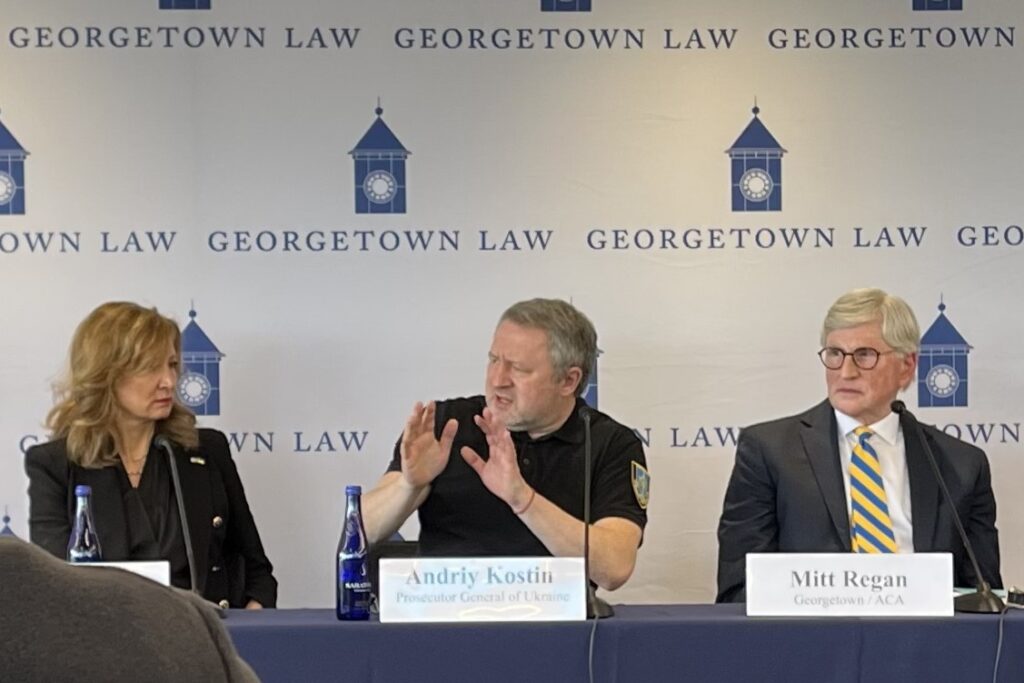
Legal English team members Professors Julie Lake, Heather Weger, and Michelle Ueland designed and delivered an intensive 5-week Legal English program for the Office of the Prosecutor General of Ukraine from November 13-December 15, 2023. They collaborated with Georgetown Law’s Center on National Security (with Professor Mitt Regan and Anna Cave) and the Atrocity Crime Advisory Group (ACA).
It was an honor to work with such dedicated colleagues and students. We look forward to future collaborations of this kind. Stay tuned for a more detailed blog post in January!
John Dundon
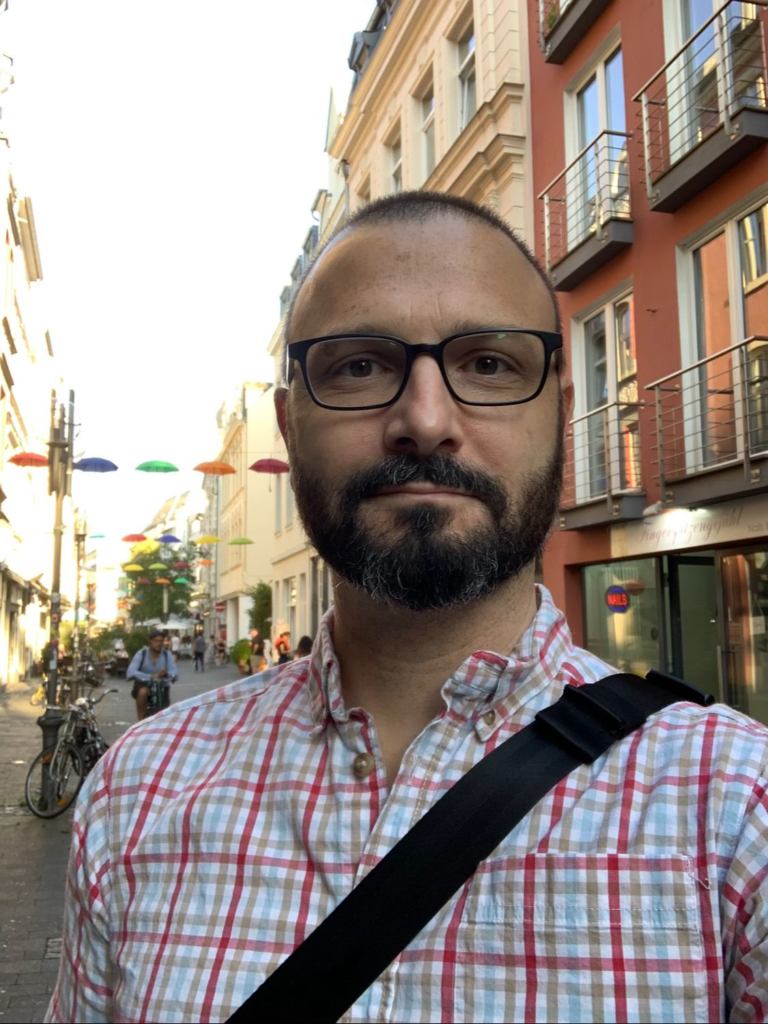
This September, Professor Dundon was invited to participate as a panel discussant at a linguistics conference at the University of Bonn, Germany. The title of the conference was “Language as a Social Practice: Constructing (a)symmetries in legal discourse,” and Professor Dundon spoke on a panel (together with professors from Germany and Finland) about how asymmetries in legal discourse can lead to societal injustice.
He thoroughly enjoyed attending the conference and considers himself very fortunate to have been invited to meet with so many leaders in the field of language and law. The conference proceedings will be published (together with a contribution from Professor Dundon) in an upcoming volume with Cambridge University Press.
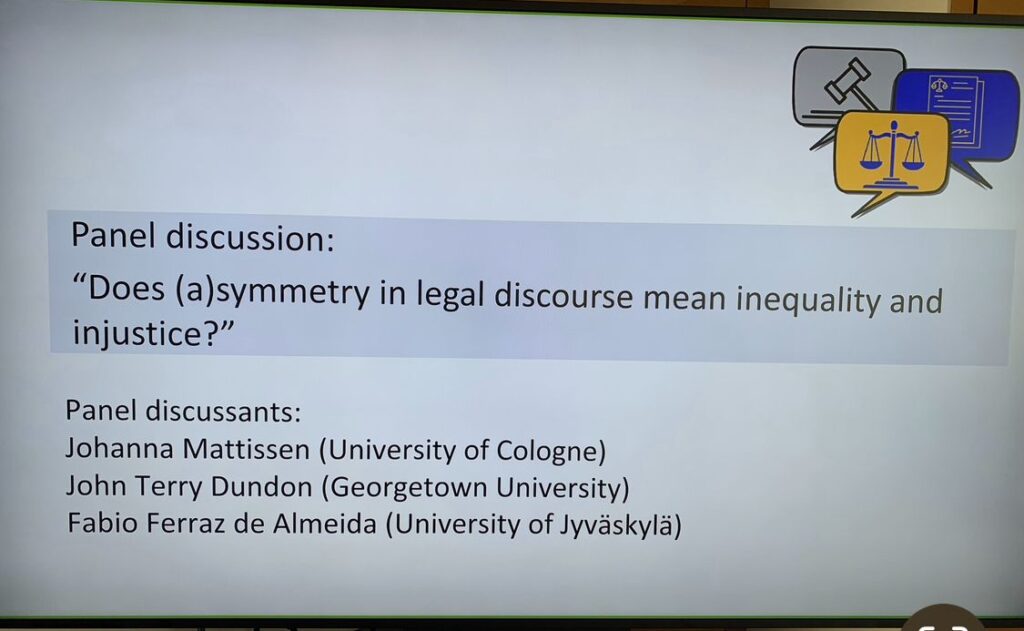
In other news, Professor Dundon is finishing up his final year of coursework towards his doctorate in sociolinguistics. This semester, he is researching interactional features of Supreme Court oral arguments, and specifically the “production format” of utterances made by attorneys as they negotiate having to speak on behalf of themselves, their client, and their legal team. Professor Dundon is also conducting a survey of ideologies about language use and language learning on the public-facing websites of local bilingual schools in the District of Columbia.
Stephen Horowitz

Ukraine
*Collaborated with Artem Shaipov of USAID’s Justice For All program and several other legal English professors (Alissa Hartig, Susan Dudley, Catherine Beck, Oksana Kiriiak, and Linda Pope) to provide multiple legal English trainings for Ukrainian law faculty and legal English faculty over the course of the Fall 2023 semester.
*Led one of the trainings–9 sessions of Legal English Conversation–and recruited a cohort of 15 additional law/legal English volunteers (including colleague John Dundon) to engage with Ukrainian faculty in each Legal English Conversation session.
*Currently in the process of setting up additional trainings during Spring 2024. And planning a new round of matching Ukrainian law schools with any international law school/legal English faculty interested in teaching a course, guest lecturing, providing support for academic publishing, or helping in other ways. (Email Stephen.Horowitz@georgetown.edu if interested in volunteering in some capacity.)
*Recruited Georgetown Law JD students to participate in a six-week peer-to-peer legal writing project with students from Kyiv Molhya Academy University during the fall semester that involved JD students from several other US law schools as well. Currently recruiting more Georgetown Law students for the next session to start late January.
*In collaboration with law professor Alan Blakely, helped set up the Ukraine-related Resources Page.
*Reached a 500-day Duolingo streak for Ukrainian language study!
Afghanistan

*Continued conducting assessments for Afghan judges and lawyers in connection with the ABA Afghan Legal Professionals Scholarship & Mentoring Pilot Program. The assessment project is in collaboration with Prof. Daniel Edelson (Seton Hall/USLawEssentials.com) and Prof. Lindsey Kurtz (Penn State Law).
*Created, with Daniel Edelson, a self-guided online pre-LLM legal English program (i.e., Fundamentals of the US Legal System; Reading Cases; Legal Writing) to help prepare Afghan candidates getting ready to start an LLM program at a US law school.
*Currently working with ABA program leaders to recruit additional mentors–both law faculty and law students–to provide legal English and other support for the candidates. (Email Stephen.Horowitz@georgetown.edu if interested in volunteering.)
Japan
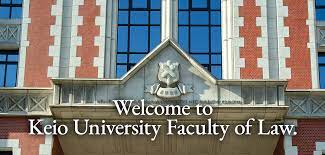
*Guest-lectured in three classes for the legal English course at Keio University Law School on the topics of Case Reading Strategies and the Language of Analogy.
USA
*Teaching a December/January “Bar Essay Writing Skills for LLM Students” online course for USLawEssentials together with Prof. Daniel Edelson. The course is designed to be accessible to all students who need it regardless of finances, and provides specialized bar essay writing support geared to non-native English speakers.
*Was the subject of interviews by Wordrake (on Legal English and Plain English) and Amicus Partners (on my career path to becoming a legal English professor.)

*Provided a book cover blurb for The “Getting to Yes” Guide for ESL Students and Professionals: Principled Negotiation for Non-Native Speakers of English by Barrie J. Roberts at the request of University of Michigan Press.
*Received a wonderful email from a former student, reprinted with her permission:
“I found out I passed the New York bar yesterday! I wanted to thank you specifically because both torts and criminal law came up on the exam. The torts essay was asking for all elements of negligence so that was our entire final exam for Legal English 1. The criminal law essay had 4 sub issues and they were all about Miranda rights, custodial interrogation and whether the defendant waived it knowingly, voluntarily and intelligently. Thank you again for the classes. I remember writing everything I learned from classes instead of from the bar prep materials for those two essays. I’m really grateful for that!” —Sokunthyda Long (Cambodia), graduate of the 2-Year LLM Program at Georgetown Law
**************************
Wishing everyone a happy, healthy, and peace-filled holidays and New Year!







